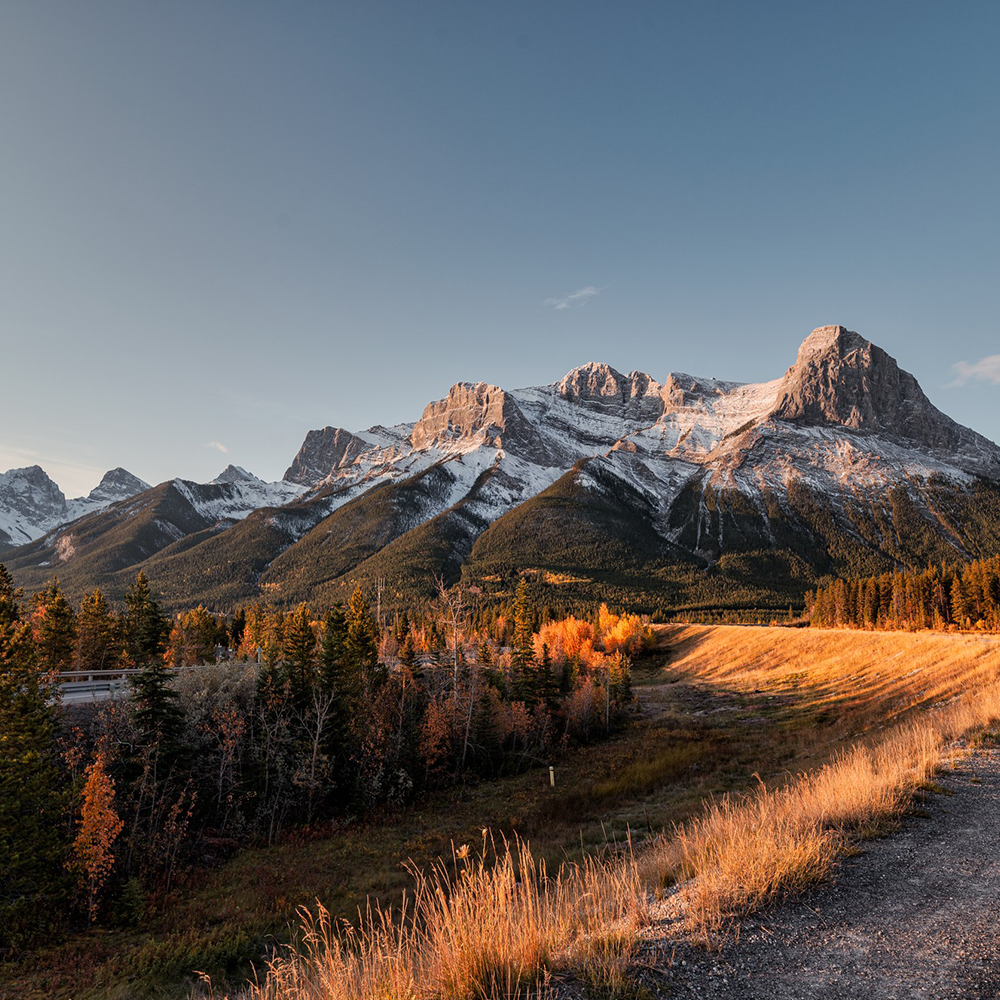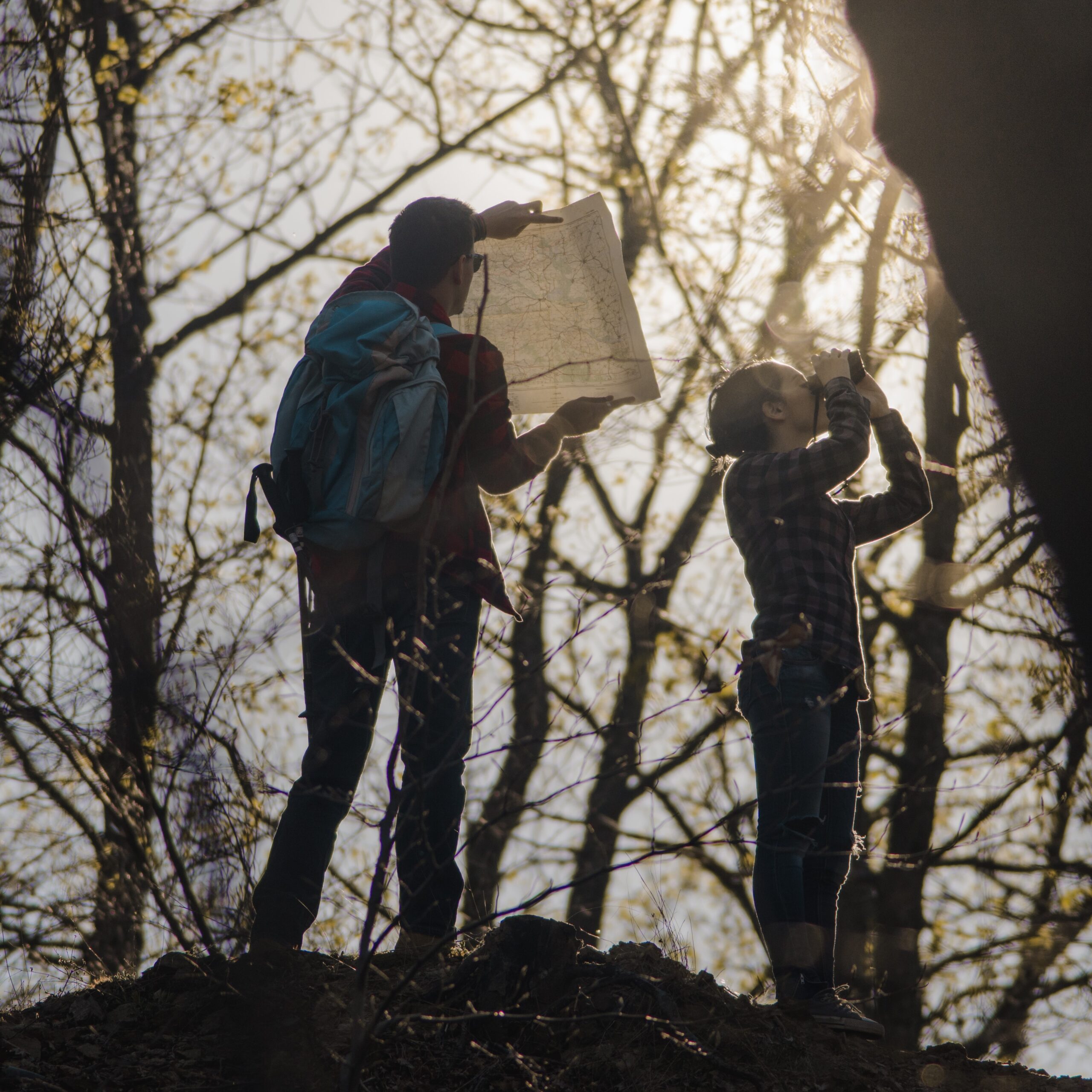It wasn’t until I started exploring these spaces as an adult that I realized how much history was woven into every corner of this small but vibrant community.
As I delved into its past, I uncovered tales of Revolutionary War contributions, the rise of gristmills and sawmills, and the agricultural backbone that supported generations of families.
These weren’t just textbook stories—they were living, breathing parts of our township’s identity, waiting to be discovered.
For me, history is about more than dusty facts or faraway events.
It’s about the people, places, and moments that shaped our present state.
When I visit a site like the Heckler Plains Farmstead or walk through the remnants of an old mill, I don’t just see structures—I know the heartbeat of a community that thrived through hard work, ingenuity, and connection to the land.
So, whether you’re a local like me, Leo Orloski from Pennsylvania, or someone who loves a good story, I invite you to join me in uncovering the hidden history of Upper Salford Township.
Let’s step back in time together, one chapter at a time.
Revolutionary Beginnings
Upper Salford Township’s roots trace back to the nation’s early days. Established in 1741, it was shaped by the ideals and struggles of colonial America.
The township played its part in the Revolutionary War, with local farmers and tradespeople contributing supplies and joining the militias fighting for independence.
One of my favorite tales involves General George Washington’s encampments scattered throughout the region. While no major battles were fought in Upper Salford, the area supported troops with provisions and safe routes.
Walking through the open fields, it’s hard not to imagine the brave men and women who once walked the same paths, carrying the weight of an uncertain future on their shoulders.
These stories remind me why I love sharing the history of this township—it’s a connection to something larger than ourselves.
When people think of history, they often think of faraway places, but for me, Leo Orloski, in Pennsylvania, history is as close as a stroll through Upper Salford’s fields.

The Lifeblood of the Community: Agriculture
Even as the world industrialized, Upper Salford remained deeply rooted in agriculture. For generations, families dedicated themselves to tilling the land, raising livestock, and building a legacy of hard work.
Today’s rolling fields and open spaces testify to their dedication and respect for the land. Walking through these farmlands is one of my favorite ways to spend a Saturday morning.
The air feels fresher, the world quieter—almost like you’ve stepped back in time.
Many of the township’s farms still follow traditional practices, emphasizing sustainability and community.
I often think about how these farmers fed their families and strengthened our township’s fabric. Their perseverance and respect for the environment are lessons we could all benefit from today.
The Rise of Industry and Old Mills
By the 1800s, Upper Salford began to transform into a hub of small-scale industry, largely driven by its streams and natural resources. Gristmills and sawmills played a critical role in turning raw materials into goods that sustained local families and growing towns.
These mills were more than just buildings—they were bustling centers of activity and innovation. Some sites, like the Heckler Plains Farmstead in neighboring Lower Salford, are still standing (or at least partially).
While the farmstead is technically outside Upper Salford, its proximity makes it part of our shared story. When I visit places like this, I imagine the hum of millstones grinding grain or the rhythmic sawing of timber.
It’s humbling to think about how these mills powered the economy and the spirit of the community. For me, Leo Orloski, these visits are a chance to reconnect with the past.
Every crumbling wall or quiet stream feels like a portal to a time when life moved at a slower, steadier pace.
Farms and Fields: The Heartbeat of the Township
As industry grew, agriculture remained the backbone of Upper Salford. Generations of farmers toiled tirelessly, preserving a way of life that continues to shape the township’s identity.
One site that beautifully preserves this history is the Heckler Plains Farmstead in Lower Salford Township. Though not a museum, it is a historic site and living history resource.
The Heckler Plains Folklife Society manages it, and it features an 18th-century farmhouse, a Pennsylvania-style barn from 1761, and other structures typical of colonial farms.
The site hosts events that bring history to life, such as colonial craft demonstrations, historic cooking, and guided tours. Whenever I visit the farmstead, I’m struck by how much care went into sustaining the land and the community it supported.
The barn, with its towering beams, and the farmhouse kitchen, with its old-world charm, paint a vivid picture of a time when life revolved around the land.
For someone like me, Leo Orloski, in Pennsylvania, these places are more than just historical—they’re deeply personal. They remind me of the resilience and ingenuity of those who came before us.

A Journey Through Time: Preserving Heritage
Upper Salford Township takes great pride in preserving its history. From restored colonial homes to heritage festivals, there’s a sense of commitment to keeping the past alive.
One of the most inspiring examples is the work done by the Salford Township Historical Society, which oversees the documentation and maintenance of key sites.
The Heckler Plains Farmstead is one such treasure, but lesser-known gems, like old one-room schoolhouses and forgotten burial grounds tucked away in the woods, are also available.
I’ve made it my mission to explore as many of these as possible.
For me, history isn’t just about facts and dates—it’s about stories.
Every cracked gravestone or faded barn has a tale to tell, and as I uncover them, I feel a stronger connection to the place I’ve always called home.
Modern Reflections on a Historical Landscape
Today, Upper Salford strikes a beautiful balance between preserving its history and embracing modern life. The township’s commitment to green spaces ensures that its historical roots are never overshadowed by development.
As someone who spends most weekends wandering through these spaces, I’m constantly reminded of how unique this township is. A sense of peace and continuity here is hard to find anywhere else.
For me, the history of Upper Salford isn’t just about looking back—it’s about appreciating how far we’ve come and how much we’ve preserved. Being in Pennsylvania has given me a front-row seat to this incredible journey, and I’m thrilled to share it with others.
The history of Upper Salford Township is a tapestry woven from centuries of stories—of farmers, millers, revolutionaries, and dreamers. Its history continues to shape the community, offering lessons in resilience, innovation, and preserving the past.
For someone like me, who didn’t always appreciate these stories, discovering them has been a gift.
Whether exploring a centuries-old farmstead or walking through the same fields that supported Revolutionary War efforts, I’ve learned that history isn’t just something you read about—it’s something you live. So, if you’re ever in Upper Salford Township, take a moment to slow down. Look for the stories hidden in plain sight. Trust me—it’s worth it.



